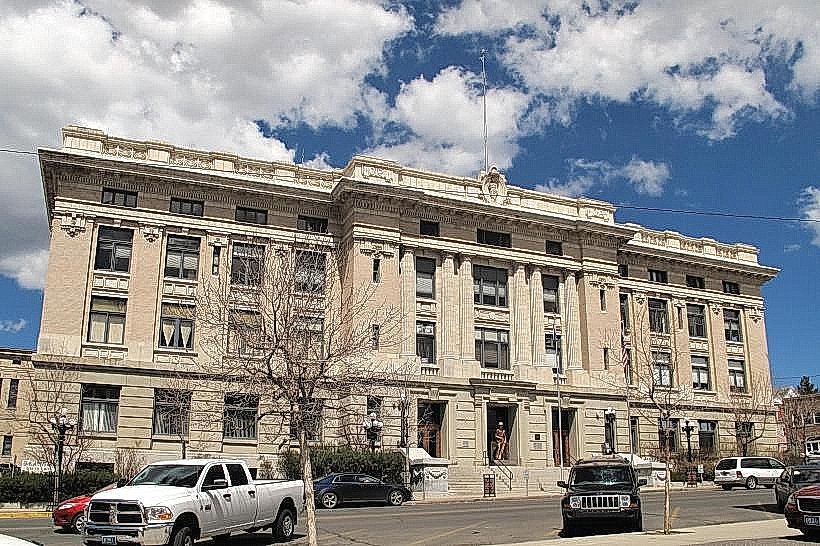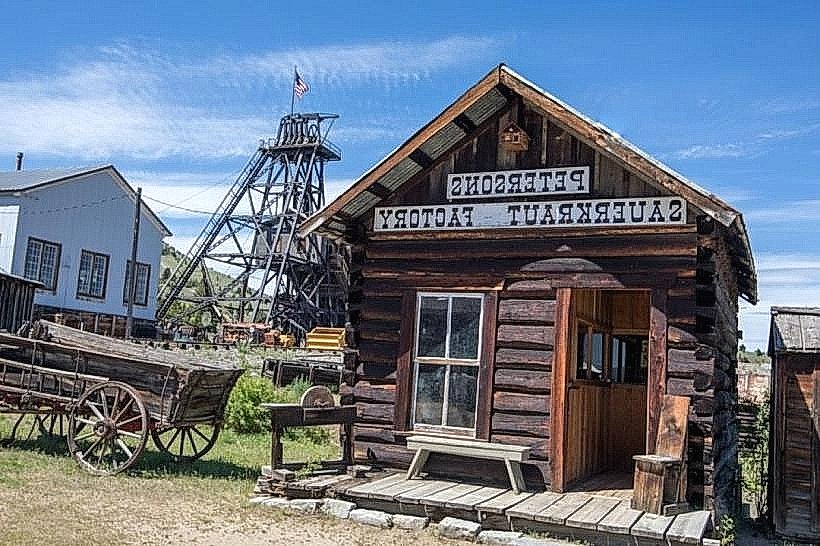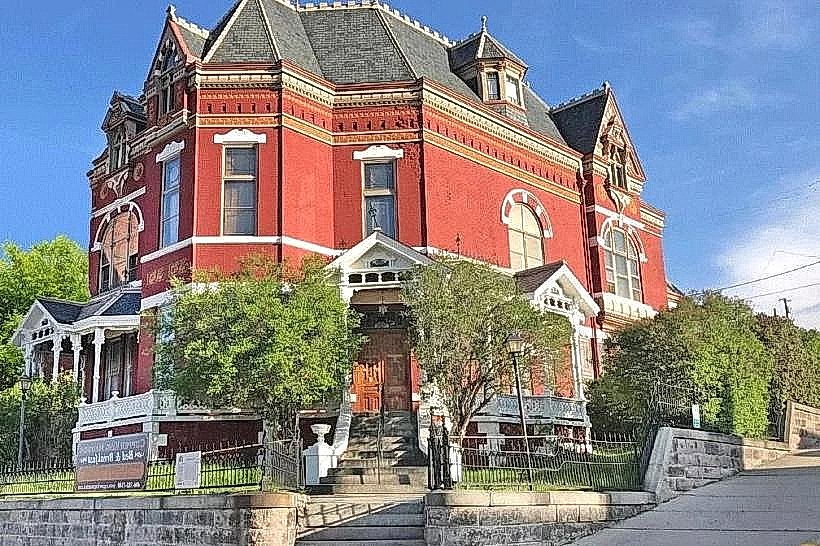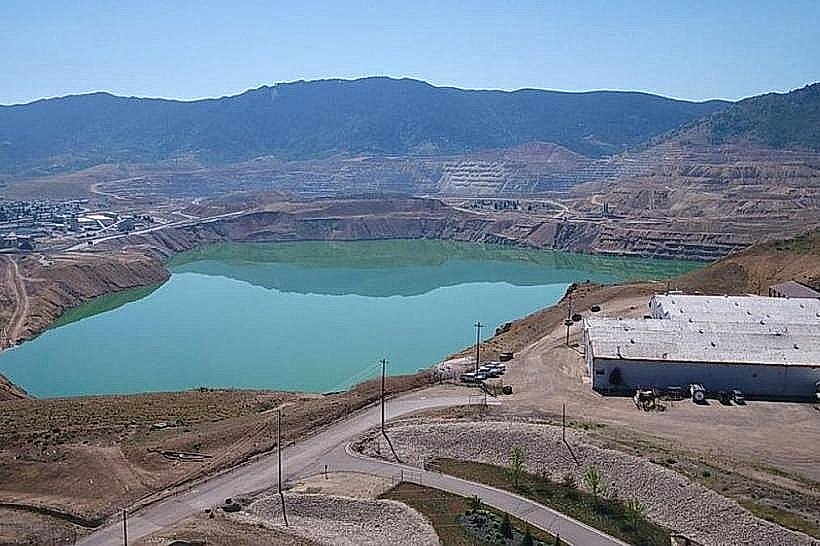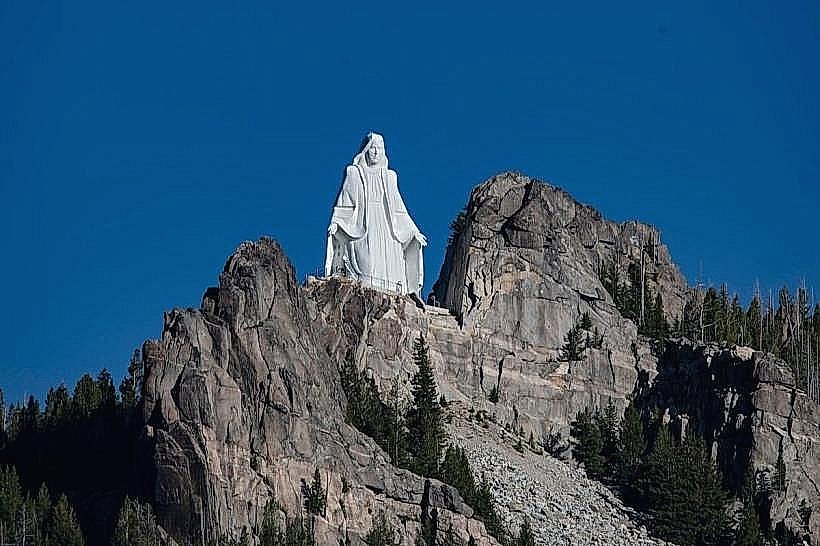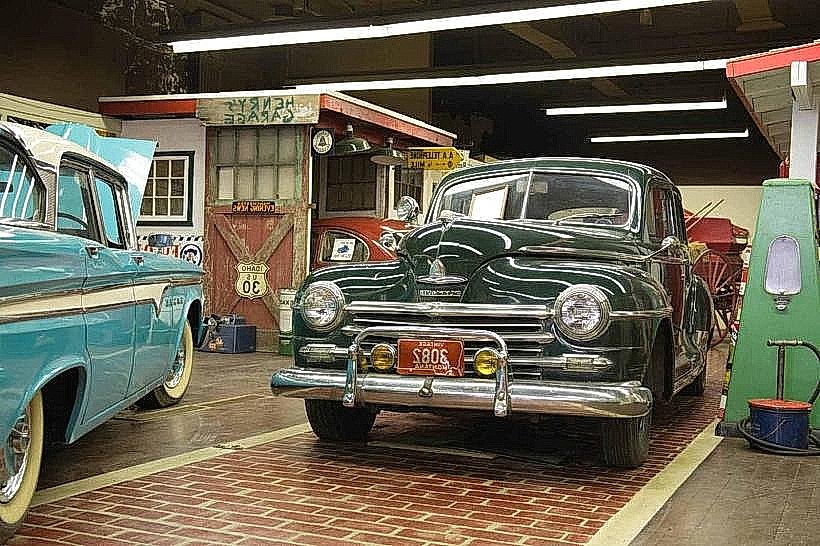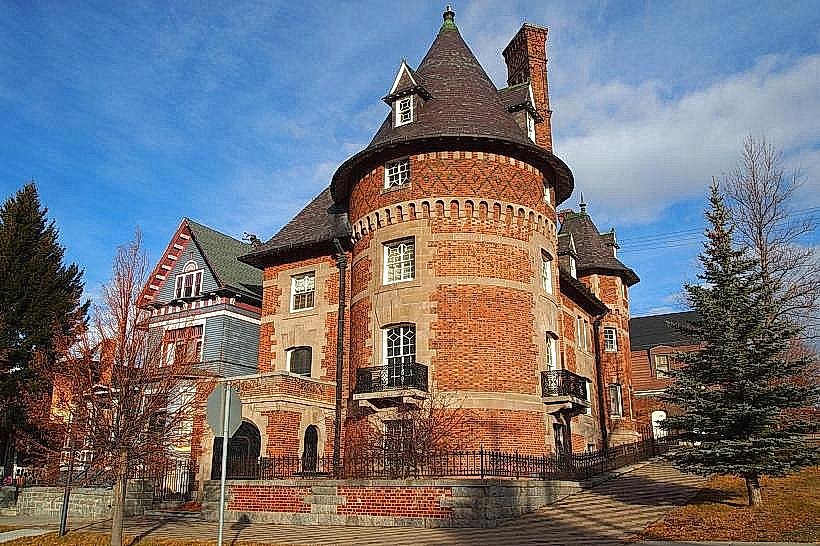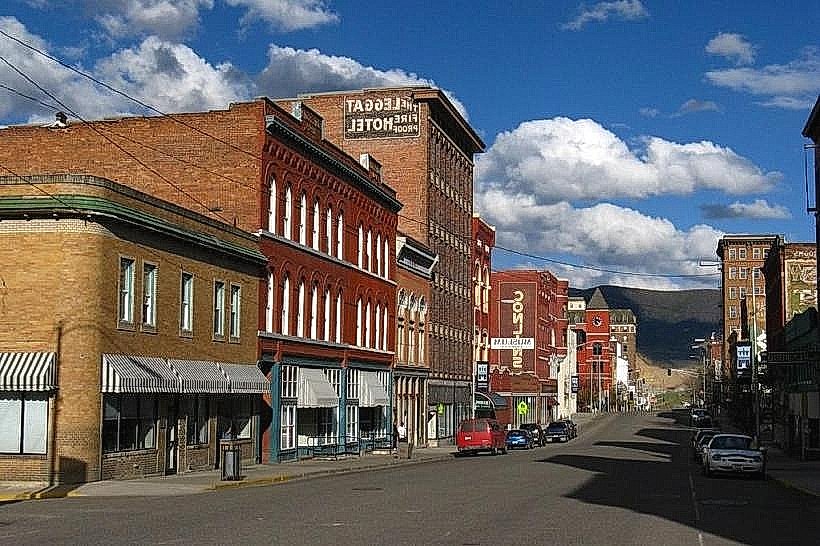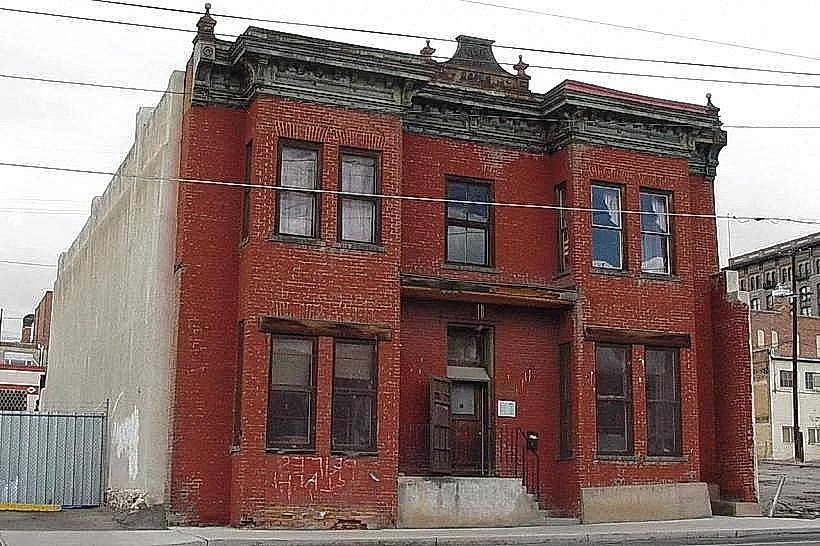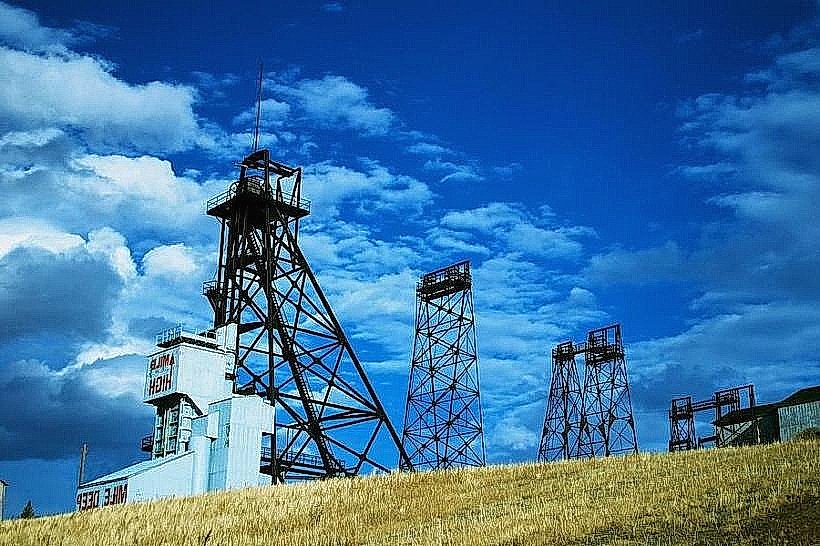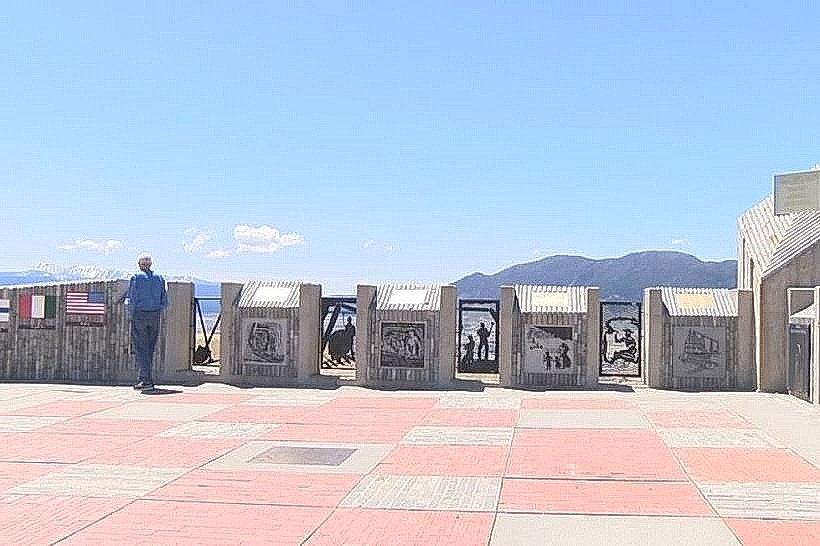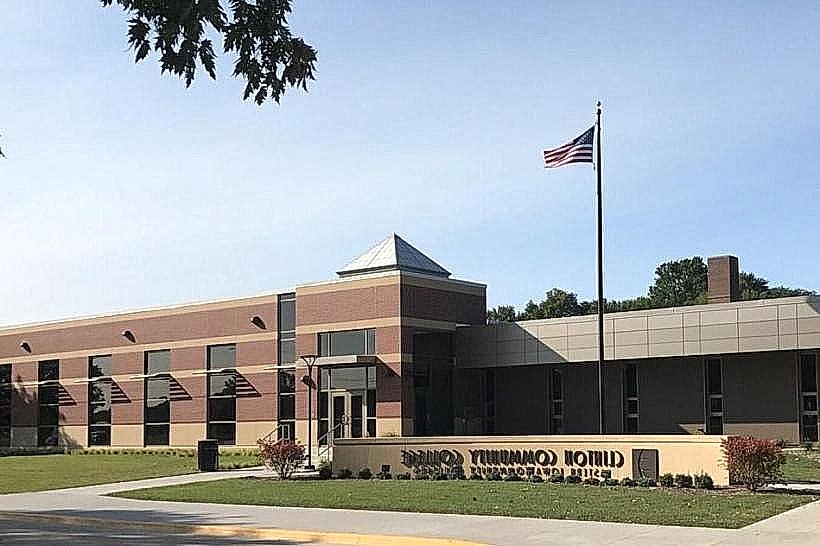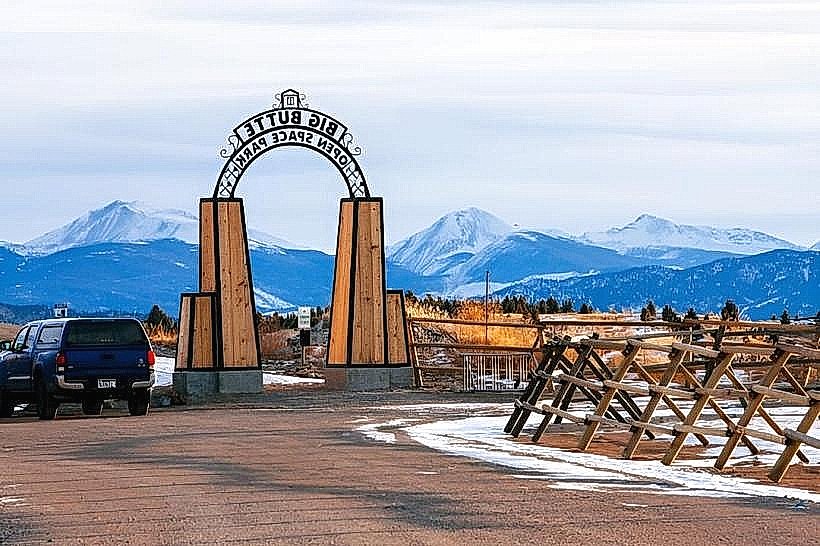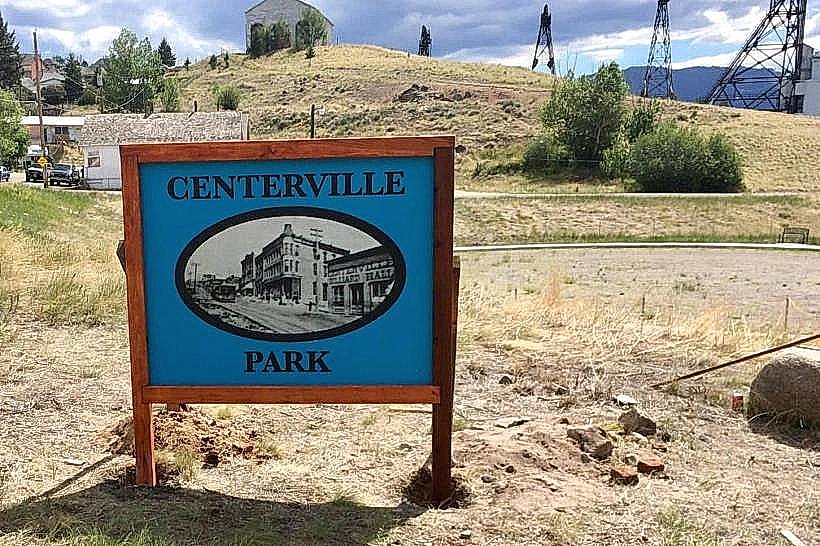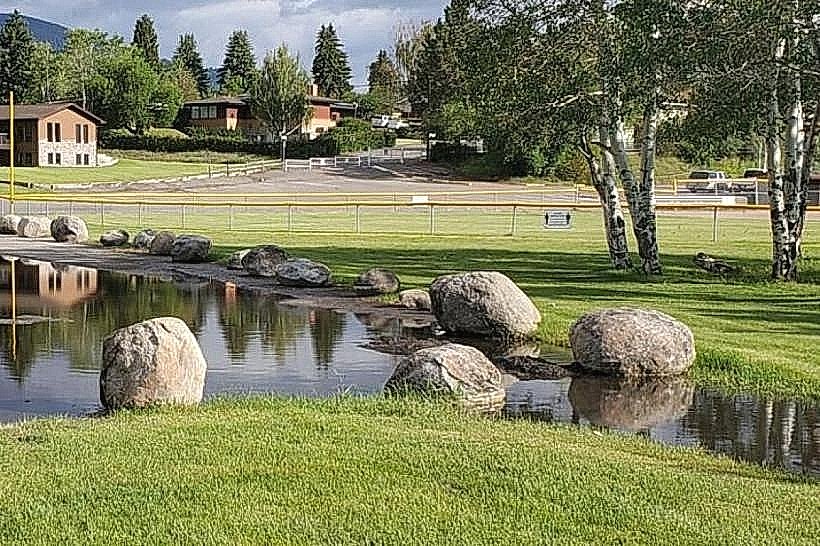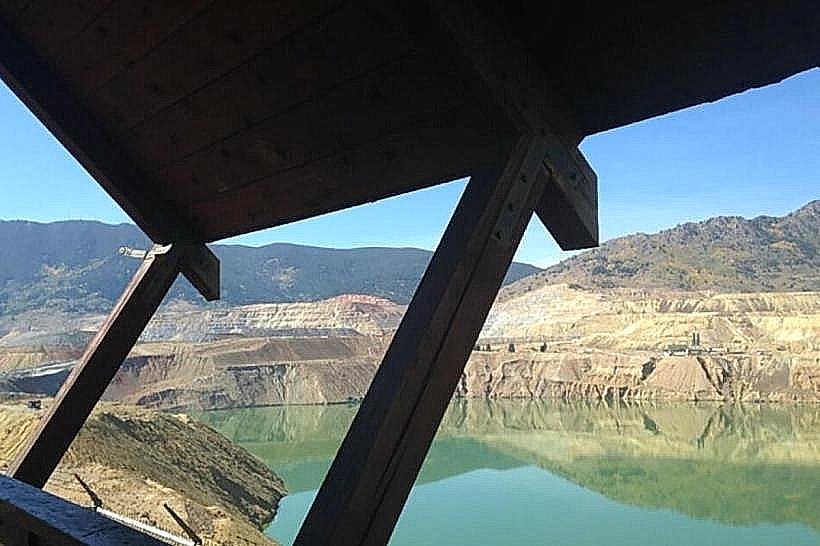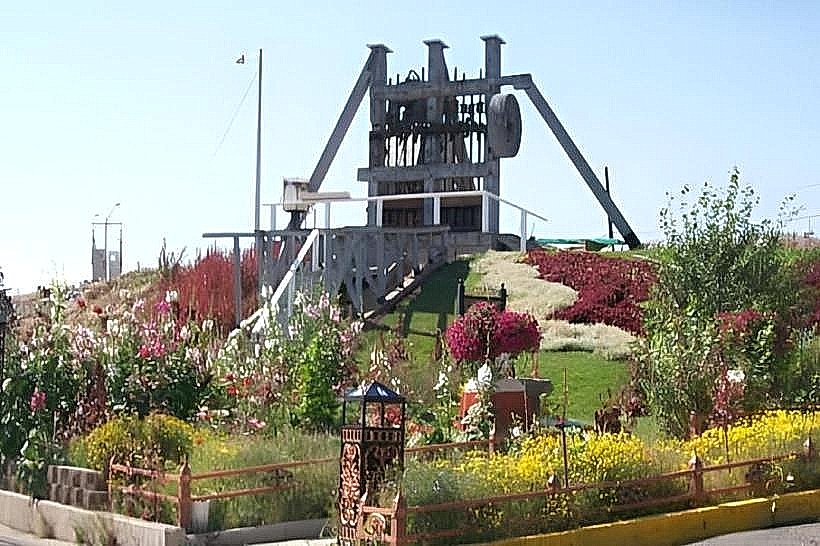Information
Landmark: Mai Wah Society MuseumCity: Butte
Country: USA Montana
Continent: North America
Mai Wah Society Museum, Butte, USA Montana, North America
The Mai Wah Society Museum in Butte, Montana, preserves and celebrates the rich history of Chinese immigrants who played a vital role in shaping the city’s early mining community. Housed in two adjoining historic buildings - the Mai Wah Noodle Parlor and the Wah Chong Tai Mercantile - this museum offers an evocative glimpse into the once-thriving Chinatown that flourished in Butte during the late 19th and early 20th centuries.
Historical Background
During Butte’s mining boom in the 1800s, Chinese immigrants arrived to work in service industries, laundries, and stores supporting the copper mines. At its height, Butte’s Chinatown stretched along West Mercury Street and was one of the largest in the Rocky Mountains. The Wah Chong Tai Company, established in 1899, served as both a general store and a social center for the Chinese community. The adjacent Mai Wah Noodle Parlor later became a gathering place for locals and visitors alike.
Exhibits and Artifacts
The museum’s exhibits preserve the legacy of this once-bustling community through original store fixtures, business ledgers, Chinese coins, porcelain, kitchen utensils, and imported goods that were once sold to miners and families. The displays recreate scenes from the mercantile and noodle parlor, allowing visitors to step back into a time when the clatter of dishes, the smell of fresh noodles, and the hum of conversation filled the narrow rooms.
Detailed interpretive panels tell stories of perseverance and adaptation, documenting how Butte’s Chinese residents faced discrimination yet remained an integral part of the city’s economy and culture. One of the highlights is a reconstructed kitchen area showing the tools used to prepare traditional dishes for both Chinese and non-Chinese customers.
Building and Atmosphere
The buildings themselves are among the few surviving physical remnants of Butte’s Chinatown. Their weathered brick facades, narrow staircases, and high ceilings retain the authentic atmosphere of the early 1900s. Walking through the rooms feels like uncovering a forgotten chapter of Butte’s past - a mix of history, hardship, and quiet resilience preserved in the creak of floorboards and the faint scent of aged wood.
Educational Role and Community Effort
Operated by the Mai Wah Society, the museum relies on volunteers and donations to maintain and expand its exhibits. It serves as both a cultural heritage site and an educational center, hosting events and school tours to promote awareness of Montana’s Chinese-American history.
Visitor Experience
Visitors typically spend an hour or more exploring the exhibits, reading stories of individual families, and admiring the preserved interiors. The museum sits within Butte’s Uptown Historic District, making it easy to combine a visit with nearby attractions such as the Copper King Mansion and the World Museum of Mining.
The Mai Wah Society Museum stands as a humble yet powerful reminder of the Chinese community’s endurance and contribution to Montana’s mining frontier - a place where personal stories, artifacts, and history intertwine to tell a distinctly human tale of immigration and belonging.

